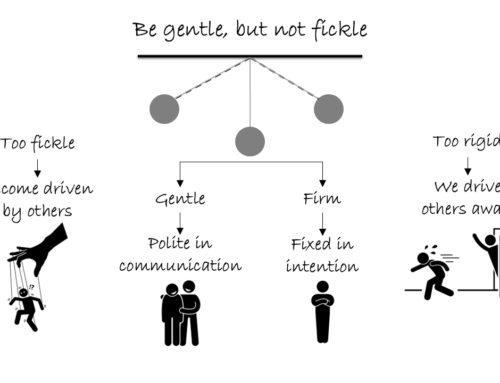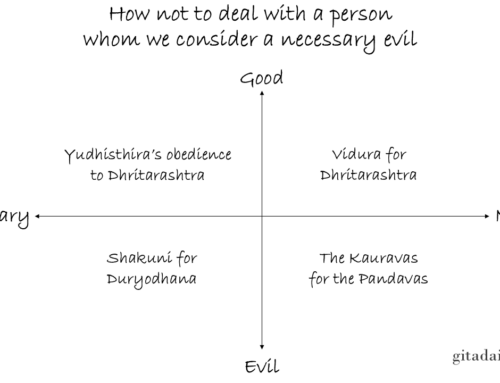The difference between finding a criminal and scapegoating someone can be broadly defined by three main aspects:
Method: In the case of scapegoating, the accused person is not given the opportunity to defend themselves or tell their side of the story. Justice demands that any accused individual be allowed to share their version of events. When this fundamental aspect of justice is denied, the process becomes unjust and biased. This is why most modern legal systems have a separation of powers, ensuring that investigations are conducted by the police, while the judicial system decides on punishment. Without such separation and fairness, it becomes impossible to truly understand what happened.
Attribution: Scapegoating often involves guilt by association or assumption, where someone accused of one wrongdoing is presumed guilty of other unrelated wrongs. Just because someone has committed one offense does not automatically mean they are responsible for others. For instance, a person guilty of political manipulation may be assumed capable of far more serious crimes, such as violent acts, without any evidence. This kind of thinking can distort the reality of human behavior, where boundaries and actions vary widely among individuals. Assuming that a person guilty of one action is guilty of all similar actions leads to unjust conclusions and unfair treatment.
Purpose: The intent behind seeking out a culprit is also crucial. True justice seeks to understand and address the underlying issues that contributed to a wrongdoing. In contrast, scapegoating focuses solely on punishing an individual, often to end the discussion and avoid delving into systemic problems that may have led to the issue in the first place. For example, punishing a corrupt official without addressing the economic, social, or cultural factors that foster corruption may satisfy public outrage but does not solve the larger problem. If a workplace culture encourages corruption, isolating one individual as the sole problem is unjust. The broader context must be acknowledged, ensuring that systemic flaws are also corrected.
Summary:
The difference between scapegoating and seeking true justice lies in the method (whether the accused is given a fair chance to present their side), attribution (whether guilt is linked to specific evidence or assumed based on association), and purpose (whether the goal is to merely punish or to address underlying issues).
Think it over:
- Have you ever found yourself scapegoating someone, perhaps without realizing it, by refusing to hear or consider their side of the story?
- Can you recall an incident where you deemed someone guilty by association for wrongs that lacked evidence, just because they were guilty of another offense?
- Reflect on how it felt if you have ever been blamed for an entire problem, particularly when it was to cover up larger issues rather than truly address them.
***
16.02 Nonviolence; truthfulness; freedom from anger; renunciation; tranquillity; aversion to faultfinding; compassion for all living entities; freedom from covetousness; gentleness; modesty; steady determination; … [– these transcendental qualities, O son of Bharata, belong to godly men endowed with divine nature.]





Leave A Comment